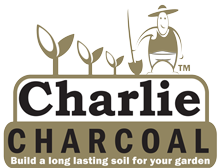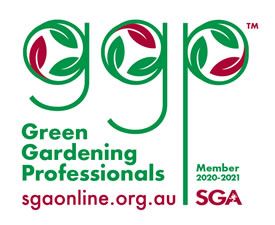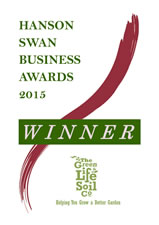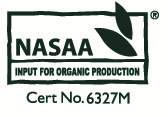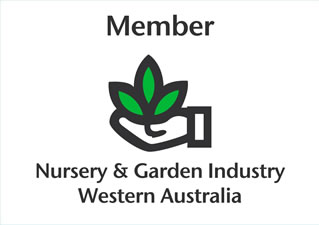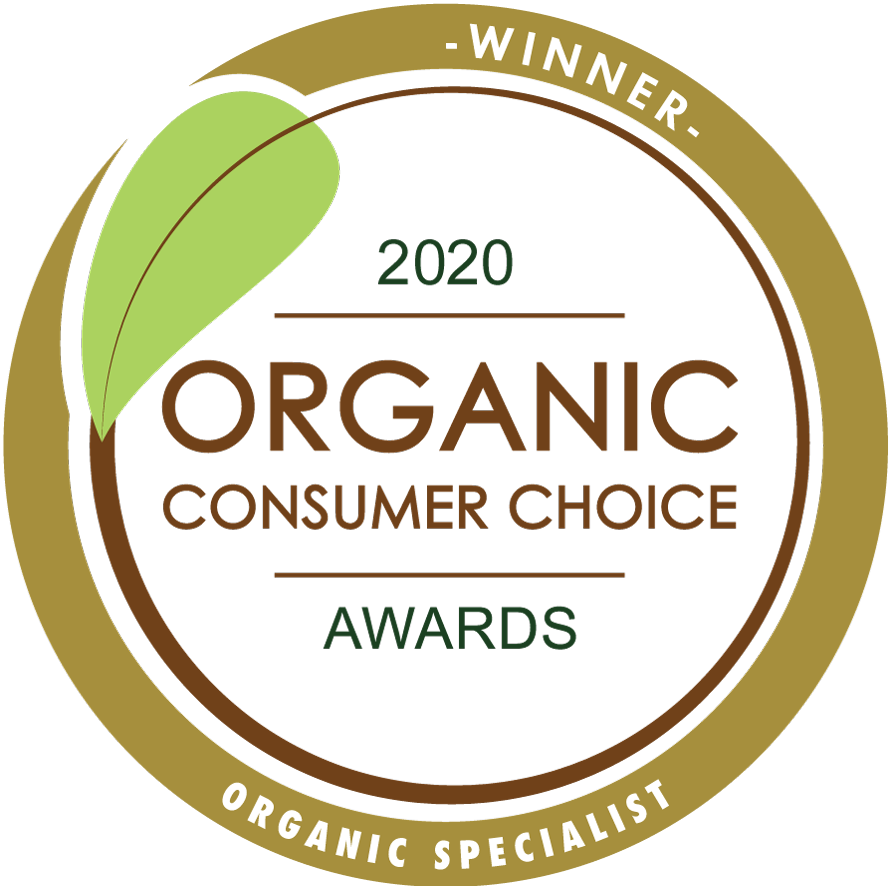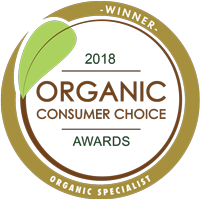| item(s), Total: $0.00 View Cart |
| Shopping cart is empty. |
Gardening Tips for Perth Gardeners
Here you'll find our FREE Guides and Tips to help you grow a better, greener garden! Sometimes, it's definitely good to know how to grow specific vegetables, especially here in PERTH, Western Australia. Trial and error could take years, but a little bit of advice from locals who know how to grow in Perth conditions, goes a long way.

Perth Gardening Tips
Learn tips from the local gardening experts at the Green Life Soil Co.
Edible Flowers
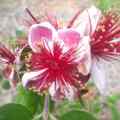
Many plants in your garden have flowers that can be used as a garnish to your food. Here is a list that has some well known plants you may not have known you can use in this way.
Garden Problems - Space Invaders (Root Invasion)

Root competition for your garden beds is a problem that is overlooked by many gardeners. If your plants are struggling, do some investigation and discover if this is an issue for you. Follow our handy tips if you're about to establish a new garden.
Selecting the Best Lawn for Your Needs

Lawn can be a great asset to your home, giving you an area outside for entertaining, and a play area for kids and animals. The trick to being ‘green’ with having a lawn is to (a) not have too much – think about what you will use. If you’re not going to use it, then there will probably be a better option. And (b) selecting the correct grass for the job.
Spring & Summer Turf Care

Spring is a wonderful bounteous season when everything in the garden is eager to grow. Soil is becoming warmer, the nights are losing their chill, and the earth is bursting with energy. It is the time of the year to harness Mother Nature’s energy to help rejuvenate your lawn and prepare it for the approaching summer.
Wicking Beds

A wicking bed has been described as "a self watering pot on steroids". It is a way of growing plants where water wicks up from an ungerground water reservoir by capillary action. Water use can be reduced by up to 50% from conventional growing systems, as evaporation is significantly reduced.
Feeding Your Soil
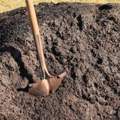
Once you have created a healthy, living soil, your plants are going to thrive. It's the micro-organisms in the soil, and their complex relationships with each other and your plants that make nutrients available for growth. Here we look at some of the common soil improvers organic gardeners use, with some pro’s and con’s of each.
Propagation Tips &; Tricks - grow your own plants for free!
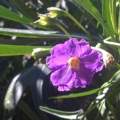
At some stage of your growing journey you will be keen to try your hand at propagation. There are lots of reasons – perhaps someone you know has a lovely plant growing and you can’t find it in a nursery. Or maybe you’re just up for a challenge and want to try something new!
Growing from Seed
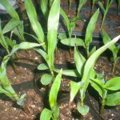
Growing or propagating from seed is something many Perth vegetable gardeners do. It is usually cheaper than buying seedlings, and raising your own seed has the advantage of giving you more control – over exactly how your seeds are raised, and how many you choose to grow at any one time.
Crop Rotation
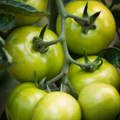
Crop rotation is a simple procedure that involves not planting the same crop in the same soil for a period of years. Depending on space available, the minimum recommended time is two years, while some gardeners prefer a rotation of up to six years...
Diatomaceous Earth (DE)
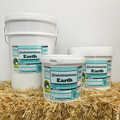
Diatomaceous earth is made from the remains of tiny single celled algae called diatoms, which make shells for themselves out of silica. When the diatoms die, the shells settle on the bottom of sea or lake beds and fossilize into a soft, chalky rock like substance.

Grow Specific Veggies:
Ready to grow a veggie or herb? Learn tips how to do it right for Perth.
Beetroot
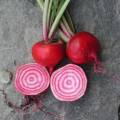
Beetroots come in all shapes and sizes today but the most common is the round deep red coloured beets. They also come in different colours – yellow, white and candy striped. If you have not grown beetroot before, start with a variety that is easy to grow such as Detroit. You can progress to some of the more exotic varieties later such as Chioggia and Cylindria.
Sweet Potatoes
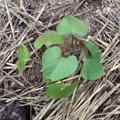
Sweet potatoes originate from tropical central and South America, but they grow very well year round in Perth (unless you happen to live in frost prone areas. In colder regions, they can still be grown throughout the warmer months.)
Edible Water Plants
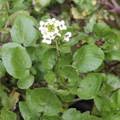
Things like water cress, Lebanese cress, kang kong (water spinach), water chestnuts, edible taro, water parsley, water mint can be a great addition to your garden, and extend the range of greens you have available over summer. At a pinch, these are also worth growing in self watering pots, if you don’t have room for a pond.
Silverbeet
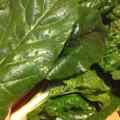
One of the most rewarding plants a new gardener can try is Silverbeet! Reasonably quick to produce and easy to grow, you'll be able to regularly harvest your own healthy greens for months! Learn here a little more about growing this versatile vegie!
Potatoes - How to Grow
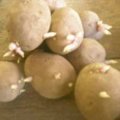
Potatoes are a member of the Solanaceae family, and as such are related to tomatoes, capsicum and eggplants – something to take into account if you are following crop rotation principles.
Basil
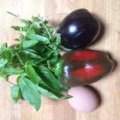
Basil is a native of India, South Asia and the Middle East, and is found growing well in tropical and sub tropical regions.
Garlic
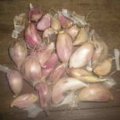
Garlic likes a humus rich soil which must be well drained. Plant the individual cloves (pointy side up!) at approx. the same depth as the bulb anytime from autumn to spring.
Jerusalem Artichoke
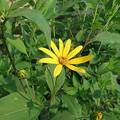
I personally like their nutty flavour, and creamy consistency. In my opinion, they are worth a try! They will be available in fruit & veg shops early winter, and grow very easily from the tubers you buy.
Kale - the superfood
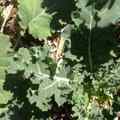
Paul grew up in the UK and his parents grew Kale in their garden. He has not-so-fond memories of being fed kale (with sideserving of caterpillar) breakfast, lunch and dinner throughout his childhood.
Microgreens
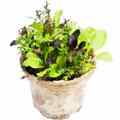
Microgreens are simply greens, lettuces, and herbs that are harvested when they are quite young -- generally when they are approximately 5 - 10cms tall.

